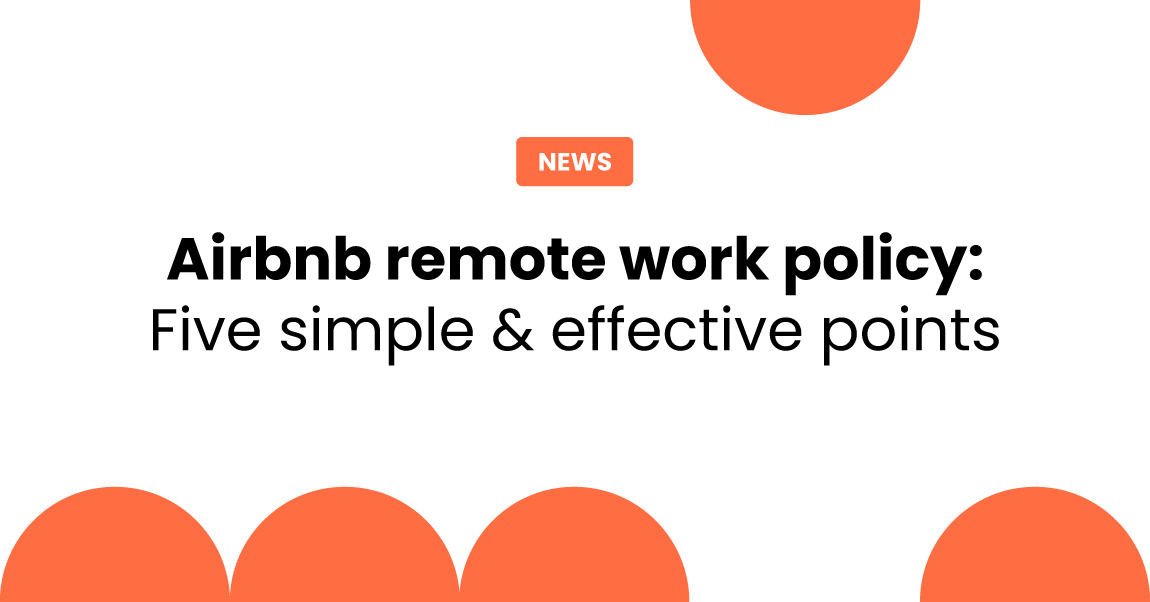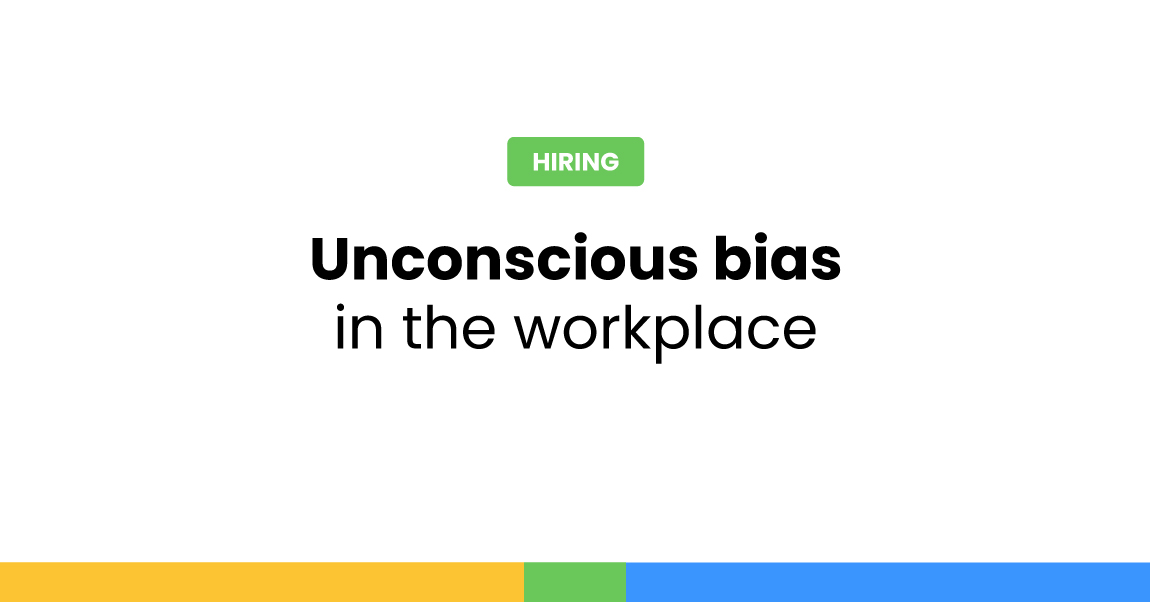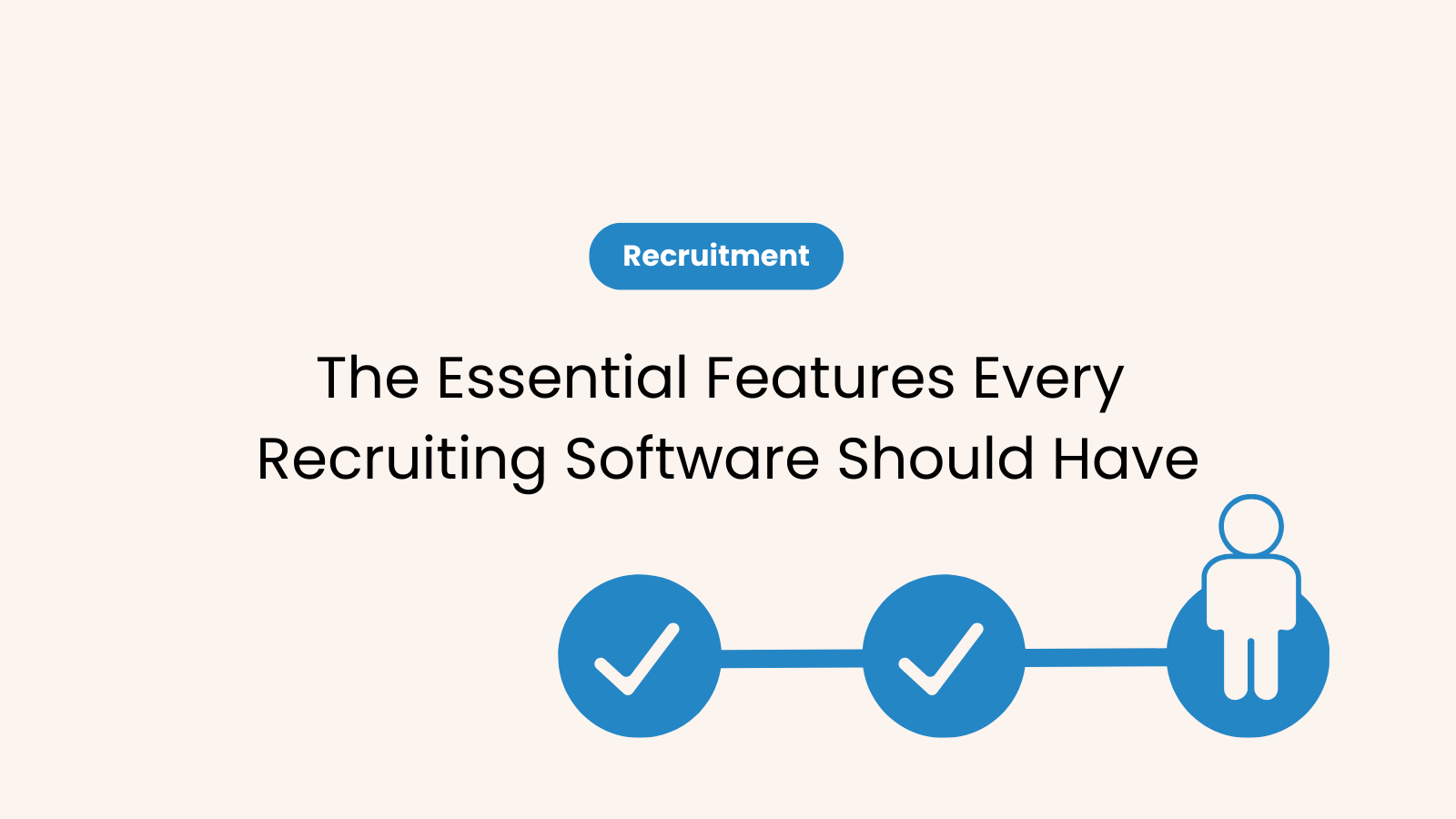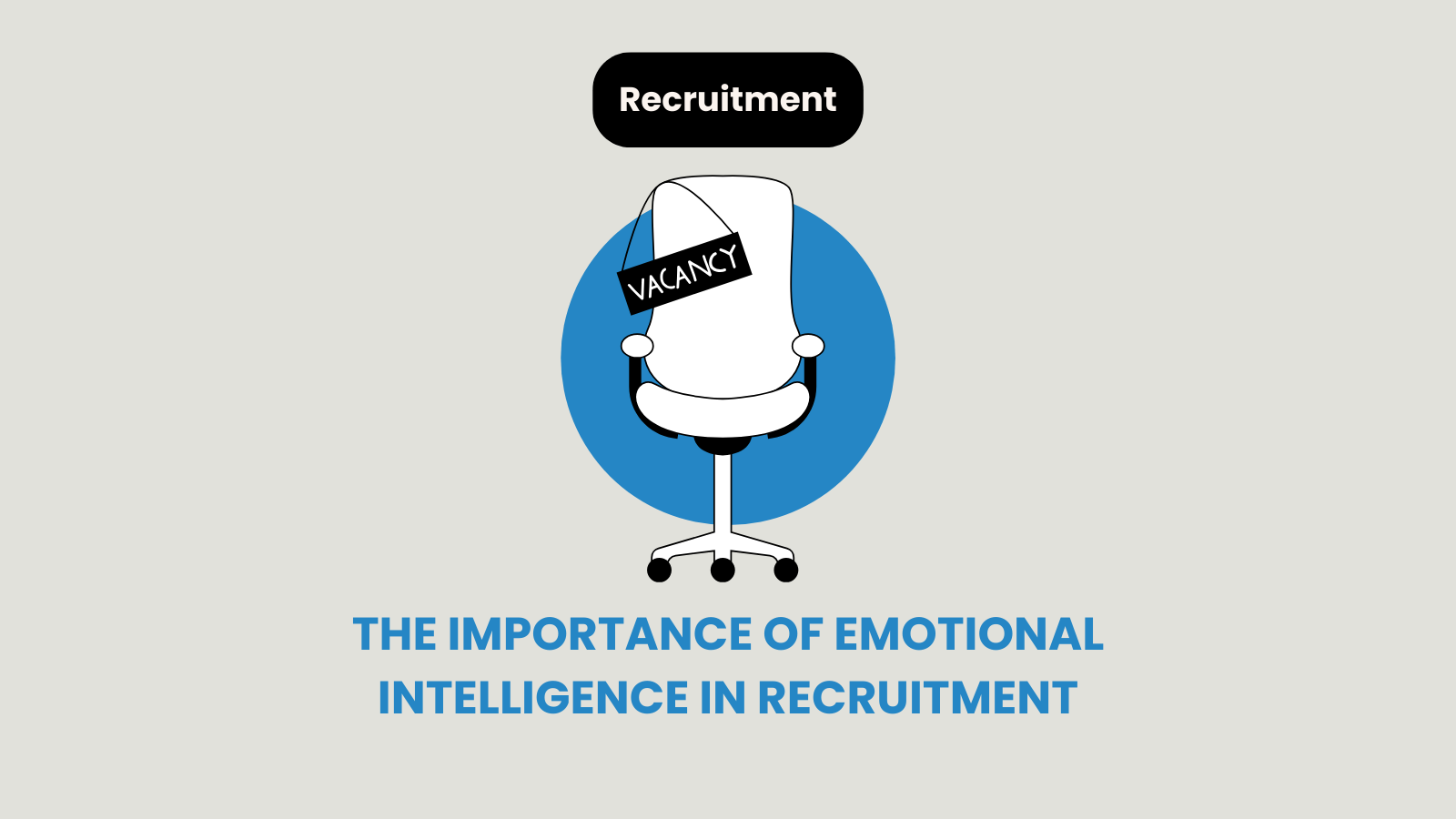It’s no secret that many prominent businesses chose to throw the old ways overboard and let their employees work remotely. At this point, around 10% of the American workforce is enjoying the perks of working from home full-time. And with the recent Airbnb remote work policy, this recognized business joins the squad of telecommuters.
At first, their plans involved a return to the office from September 2022. However, last year, the company brought in the Live Anywhere on Airbnb program. It’s a year-long scheme that gives 12 people the opportunity to travel the globe while working from different Airbnb locations. And now, their entire personnel can choose where they’ll be completing their duties from.
Let’s bust a myth: Can you work anywhere if you are remote?
What’s the first thing that comes to mind when you think of freelance & remote workers? For most, the immediate response is – freedom. A whole new kind of freedom, to be precise. Except in the case of severe Karens, maybe. Because their answer would be more of a Daenerys-mocking-meme-like face + a matching tone. You “work” from home? Shocking.
👉 Dire straits (Money for nothing) blasting in the background. 👈
But back to the main topic. So, as for remote workers and other flexible talents, their lives, routines, and schedules are rarely tied to a certain location. In other words – they can work from anywhere! And with a little boost to one’s time-management and overall organization skills, it’s super easy to travel and enjoy the perks of being a digital-savvy vagabond.
A few key points for companies: How do employers benefit from remote work?
The battle between remote vs. onsite work aficionados is still in full swing. And both parties have a few excellent arguments to advocate for. Still, it seems that working remotely does come with a few extra advantages:
- Lower costs, including the cost per hire and the money spent on office rental,
- Faster hiring and a bigger pool of qualified & diverse candidates,
- Better employee experience and lower turnover rates,
- Increased productivity and advanced performance,
- More focus on the tasks and fewer mistakes.
And as for the employees, the benefits they’ll get are even more thrilling. So, aside from being free, pleased, and adaptable, their health improves as well. Now, thanks to the new Airbnb remote work policy, this recognized firm will be enjoying these privileges: as they say, forever.
Full flexibility for Airbnb remote workers
A month back, Airbnb and remote work policies they’ve come up with were at the center of attention. The last week of April 2022 is when they officially announced that the whole crew would keep working from home (or anywhere they like) for an indefinite period. In fact, their founder and CEO, Brian Chesky, made sure that everyone was notified about the new agenda and everything it entails. The main aims behind this fresh policy included improved recruitment strategies and attracting top talent from different areas, hence diversifying the pool of applicants and hires. Also, the most amazing peek in productivity was noticed while working fully remotely due to the pandemic. And so the decision was made.
Airbnb remote work policy is quite simple
The Airbnb remote policy only consists of five simple elements. And they make it all nice & smooth! Check them out:
- Employees can work from home or the office, the choice is theirs and it’s to be made according to their unique needs and preferences,
- Staff members can move across the country and it will never influence their salary range or benefits package,
- Nearly all workers can live and complete their assignments in 170 countries for up to 90 days a year in every location,
- Team gatherings have to be frequent; Zoom meetings will do the trick most of the time, but it is imperative that people show up in person once in every quarter,
- The company will create a multi-year roadmap that will be followed in order to make these rules, policies, and benefits work properly and drive positive results.
We all knew that simplicity is usually the key. In this case, it’s precisely what it’s all about. The entire Airbnb remote work policy has a bit over 100 words, and it’s tai;ored in a way that meets every employee’s necessities and inclinations.
So, what percentage of work can be done remotely?
Sure, a company with a business model focused on travel and the ability to offer flexible work locations for its clients would let its employees travel more and perform their duties from different places. But there’s a bit of a catch here. While most assignments can be done online and without the physical presence of the team, people could feel somewhat isolated. And because of that, their motivation could drop.
Also, Chesky is well aware that some more creative tasks require longer talks and brainstorming sessions. Plus, although most of the work can be done remotely, the bonds between team members can hardly get more solid in this sort of environment. That’s why those who feel like seeing their colleagues in person can drop by the office and revisit the good old ways of working on-site.
A few extra tips for remote/hybrid companies
At this point, there’s not the slightest shadow of a doubt that techies and all digital roamers feel comfortable working remotely. They can set up a home office basically anywhere. And they seem to know all the right tricks that help them stay focused and productive. Some choose to remain couch-based, while others seek adventures or just a change of scenery in countless co-working and co-living spaces. But what can (and should) employers do to make their workdays more efficient and engaging? Here are a few simple tips for companies and their managers:
- Choose the right tools for collaboration and ensure smooth communication round the clock; Use technology to keep everyone in the loop, but set up a system where the team can actually get to meet in person and strengthen their relationships.
- Set clear expectations and make sure that each team member knows what their roles entail; Make yourself accessible and respond to their questions promptly; Help them overcome obstacles and complete their tasks more efficiently.
- Offer constructive feedback and ask your teammates for their feedback, too; Learn to listen and encourage people to speak their minds, share ideas, and participate in multiple aspects of the business.
- Show appreciation and reward every effort the employees make, Including peer-to-peer recognition and manager-to-employee recognition (or any other kind that suits your team best).
Now, every successful collaboration in a hybrid workplace or a fully remote team has to start on the right foot. And that means going the extra mile to come up with a proper way to onboard and train remote employees. So be sure to cover everything from the equipment to virtual introductory calls with the rest of the team. Then, keep in mind that people practice unique ways of learning and have different interests. And so, it’s best to combine learning materials and offer various types and sources of insights.
Make sure to learn from Airbnb remote work policy
Airbnb’s remote policy isn’t an isolated phenomenon or a little-known trend. On the contrary, countless prominent employers go for the similar model. Reputable companies like Zillow also decided to stick with work from home/anywhere. So, it’s safe to say that the future holds many remote positions and chances to live, work, and play from… Well, wherever.
But there’s another key point to grasp here. What Airbnb did was the definition of practicing what one preaches. If their job means encouraging customers to travel more often or work from secluded places, it’s only logical that their very own workers enjoy the same privileges.




